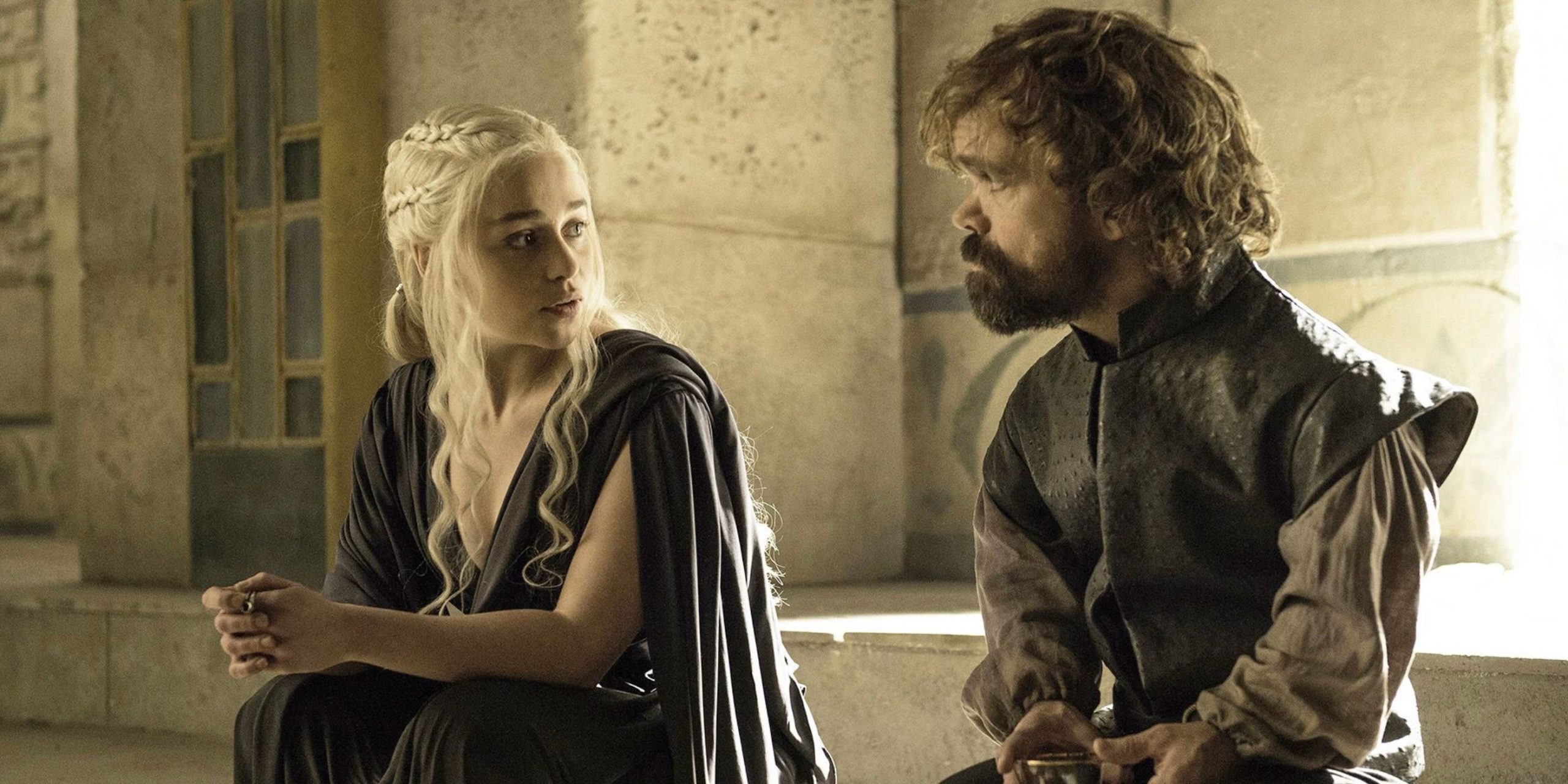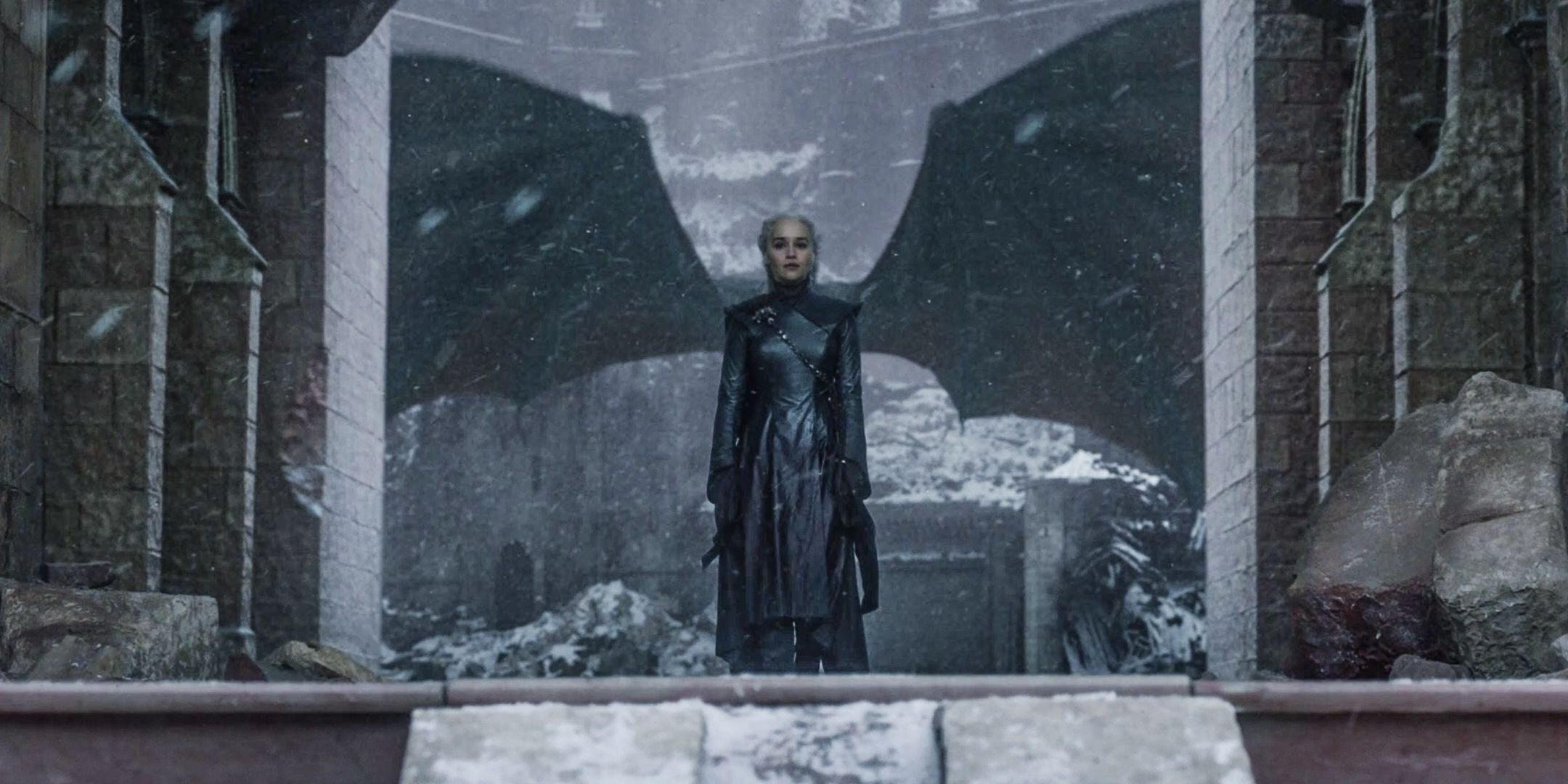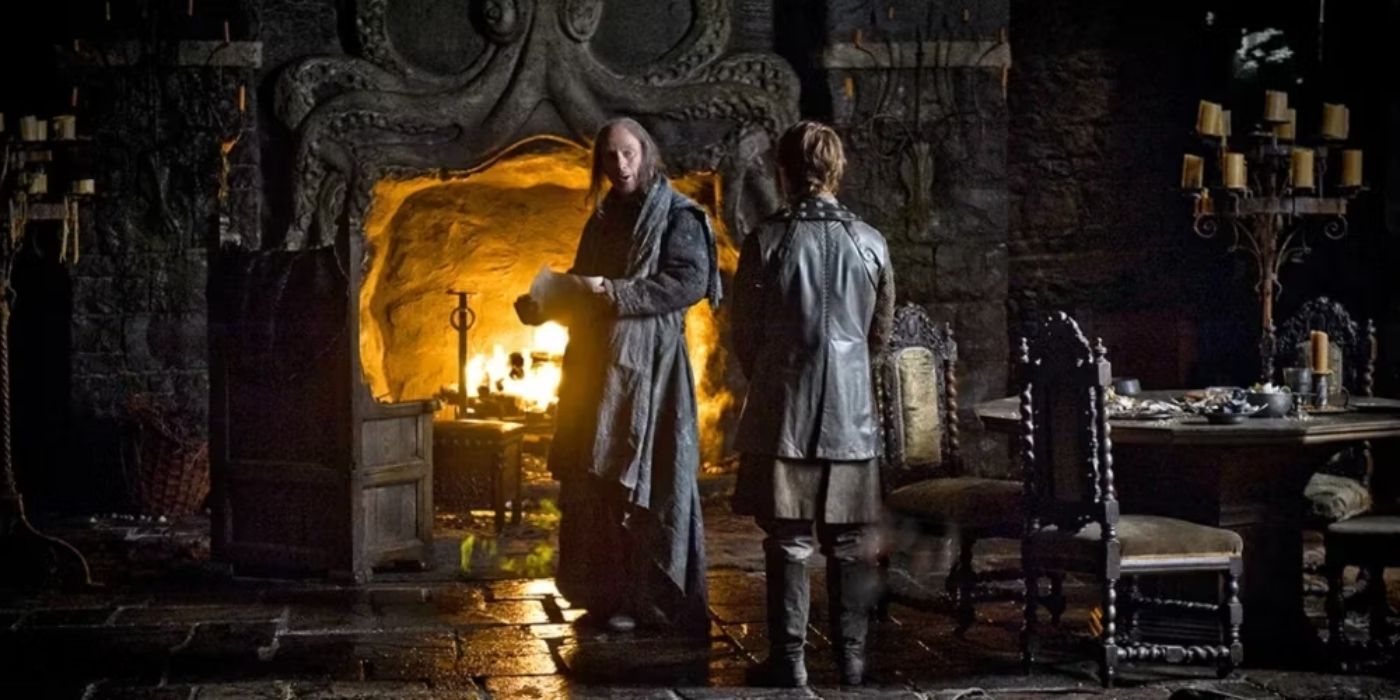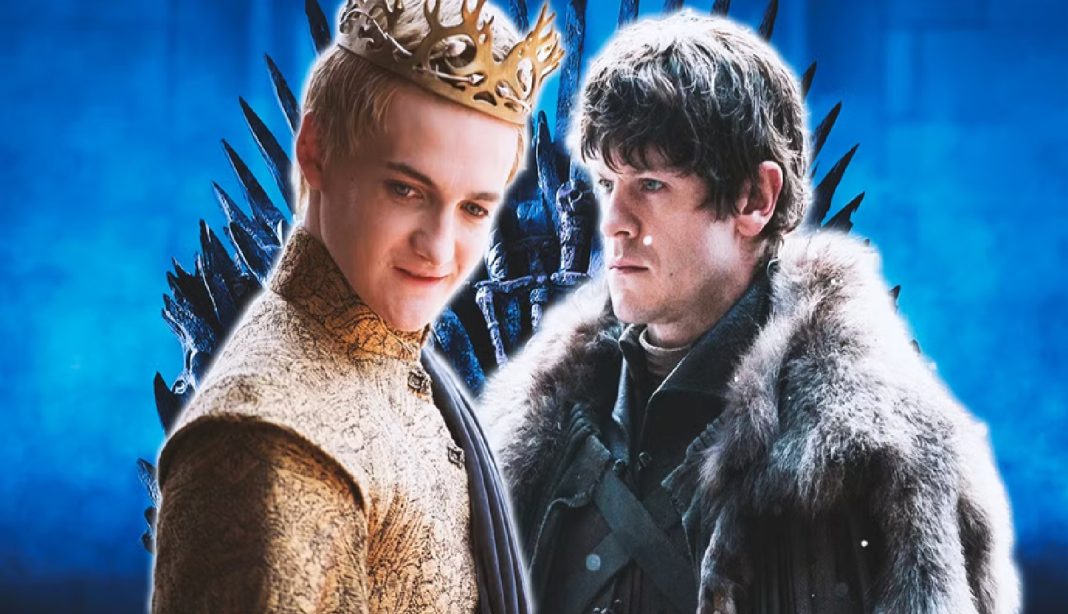Top 10 Worst Characters in Westeros: A Closer Look
In the vast and treacherous world of Game of Thrones, many characters have left an indelible mark on the narrative, but few have done so through sheer malevolence. While Daemon Targaryen, a character from the prequel series House of the Dragon, is often portrayed with shades of complexity, many others in Westeros demonstrate a bleak simplicity in their villainy. This article will explore the ten most notorious figures in the realm, examining their heinous acts and the chilling motivations that drive them.

1. Ramsay Bolton: The Most Sadistic Psychopath
Ramsay Bolton, brilliantly portrayed by Iwan Rheon, is often regarded as the epitome of evil within Game of Thrones. Born a bastard, Ramsay’s childhood was marked by cruelty and indifference from his father, Roose Bolton. This lack of paternal affection shaped him into a sadistic ruler who revels in the suffering of others. His infamous line, “If you think this has a happy ending, you haven’t been paying attention,” is a testament to his warped worldview.

Ramsay’s interactions with Theon Greyjoy highlight his psychopathic tendencies. After capturing Theon, Ramsay engages in a series of psychological and physical tortures, culminating in the horrifying act of castration. His marriage to Sansa Stark serves as yet another platform for his cruelty, turning their wedding night into a display of dominance and horror. Ultimately, Ramsay’s heinous actions lead to his demise at the hands of his own hounds, a fitting end for a character who treated others as expendable.

2. Cersei Lannister: The Paranoid Queen
Cersei Lannister, portrayed with fierce intensity by Lena Headey, embodies the tragic descent into madness fueled by paranoia and a desperate need for power. Initially, she exhibits maternal instincts, particularly towards her children, but as the series progresses, her actions become increasingly ruthless. Following the death of her son Joffrey, Cersei’s quest for vengeance leads her to orchestrate heinous plots, including the destruction of the Great Sept of Baelor, resulting in countless innocent deaths.
Her obsessive drive for control extends to her manipulation of the Faith Militant, which ultimately backfires and leads to her public humiliation. Cersei’s complex character arc reveals the lengths she is willing to go to protect her family, yet her actions often come at a devastating cost. In the end, she meets a tragic fate, crushed beneath the weight of her choices, embodying the very destruction she sought to evade.
3. Petyr “Littlefinger” Baelish: The Master Manipulator
Petyr Baelish, known as Littlefinger and portrayed by Aidan Gillen, is the quintessential schemer whose ambitions set off a chain reaction of chaos throughout the Seven Kingdoms. Littlefinger’s manipulations begin with the death of Jon Arryn and extend all the way to the War of the Five Kings, where he deftly plays various factions against one another for his personal gain. His infamous quote, “Chaos isn’t a pit. Chaos is a ladder,” perfectly encapsulates his worldview.
Littlefinger’s actions are consistently driven by his desire for power and his unrequited love for Catelyn Stark. However, his betrayal of those closest to him reveals his cold-hearted nature. He orchestrates the downfall of multiple characters, including the murder of Ros and the manipulation of Sansa Stark, ultimately leading to his own demise at the hands of the Starks, who learn the truth about his treachery.
4. Joffrey Baratheon: The Sadistic King
Portrayed by Jack Gleeson, Joffrey Baratheon stands out as one of the most despised characters in the series. His reign is marked by cruelty, stemming largely from his mother Cersei’s misguided upbringing. From the very beginning, Joffrey relishes in the abuse of power, exemplified by his treatment of Sansa Stark, whom he forces to view the brutal death of her father, Eddard Stark.
His sadism extends to public executions and the delight he takes in inflicting suffering on those he views as beneath him. Joffrey’s eventual death, poisoned at his own wedding, is a moment of twisted justice, as well as a reminder of the dangers of unchecked ambition and cruelty.
5. Stannis Baratheon: The Tragic Fallen King
Stannis Baratheon, played by Stephen Dillane, is often characterized as a tragic figure whose relentless ambition leads him down a dark path. Initially depicted as a principled leader, Stannis becomes increasingly desperate to claim the Iron Throne. His most notorious act, sacrificing his daughter Shireen to Melisandre’s fire, cements his place among the series’ villains. This moment is shocking not only for its brutality but also for the moral implications it raises about leadership and sacrifice.
Stannis’s decision is a pivotal moment that highlights how the thirst for power can lead individuals to betray their very principles. Ultimately, his fall at the hands of Brienne of Tarth, while fighting for a cause that has become corrupted, serves as a poignant commentary on the nature of ambition and the cost of tyranny.
6. Roose Bolton: The Cold-Hearted Lord
Roose Bolton, portrayed by Michael McElhatton, embodies the cold, calculating nature of the Boltons, a family with a dark legacy. His decision to betray the Starks during the infamous Red Wedding showcases his ruthlessness and lack of loyalty. Roose’s chilling demeanor and penchant for violence reveal a man who views others as mere pawns in his grand schemes.
His relationship with his son Ramsay is particularly disturbing, as he wields Ramsay’s status as a bastard to manipulate and intimidate him. Roose’s ultimate demise at the hands of Ramsay, who betrays him as ruthlessly as he was raised to behave, highlights the theme of betrayal that runs throughout the series.
7. Gregor Clegane: The Mountain of Brutality
Known as “The Mountain,” Gregor Clegane, portrayed by Hafþór Júlíus Björnsson, is a symbol of brute strength and unrelenting cruelty. From a young age, Gregor exhibited violent tendencies, and his actions throughout the series reinforce his reputation as a remorseless killer. The sheer brutality with which he serves the Lannisters, particularly during his infamous duel with Oberyn Martell, emphasizes the level of depravity he embodies.
Gregor’s role as an enforcer for Cersei Lannister further solidifies his status as one of the series’ most feared characters. His eventual fate, facing off against his brother Sandor Clegane in a dramatic finale, serves as a fitting conclusion to a character that represents the dangerous extremes of violence.
8. Meryn Trant: The Corrupted Kingsguard
Meryn Trant, played by Ian Beattie, is another character who embodies the perversion of honor within the Kingsguard. As an enforcer of the crown, Trant repeatedly fails to uphold the values of justice and protection. His actions towards Sansa Stark and Arya Stark reveal a man who abuses his power for personal gratification, showcasing the moral decay within the institution he represents.
His eventual demise at the hands of Arya, who exacts revenge for his past cruelties, underscores the theme of justice that permeates the series, emphasizing that even the most depraved can meet their end at the hands of those they wronged.
9. Balon Greyjoy: The Abandoning Father
Balon Greyjoy, portrayed by Patrick Malahide, often reflects the darker aspects of leadership within House Greyjoy. Known for his ruthless nature, Balon is most notorious for abandoning his son Theon in a moment of desperation, leading to Theon’s eventual betrayal of the Starks. Balon’s legacy is one of neglect and cruelty, as he prioritizes power over familial bonds.
His failure to nurture his children results in familial discord, further emphasizing the theme of lost loyalty that runs through the series. Balon’s fate, ultimately at the hands of Euron, serves as a reminder of the consequences of neglect and cruelty.
10. The Waif: The Cultivated Assassin
The Waif, a character from the Faceless Men, is a chilling representation of the indoctrination of violence and the coldness of assassination. As a relentless pursuit of Arya Stark, she embodies the rigid cruelty of the Faceless Men while serving as a foil to Arya’s own development. Her sadistic enjoyment in hunting Arya reveals the disturbing lengths to which she is willing to go to fulfill her duty.
Ultimately, her demise at Arya’s hands underscores the theme of survival, as well as the moral ambiguity present within the world of Game of Thrones. In a land where honor is often overshadowed by betrayal, each character’s choices reveal the complexity of morality amid the chaos.
Conclusion: The Complexity of Evil in Westeros
The characters of Game of Thrones embody a diverse array of motivations and moral complexities. From the tragic downfall of Stannis Baratheon to the outright malevolence of Ramsay Bolton, each character serves as a reflection of the darker aspects of human nature. Their actions remind us that power can corrupt even the most noble intentions, leading to catastrophic consequences for themselves and those around them.

















